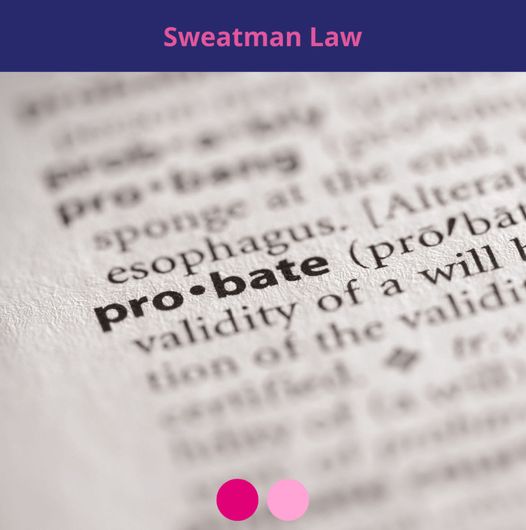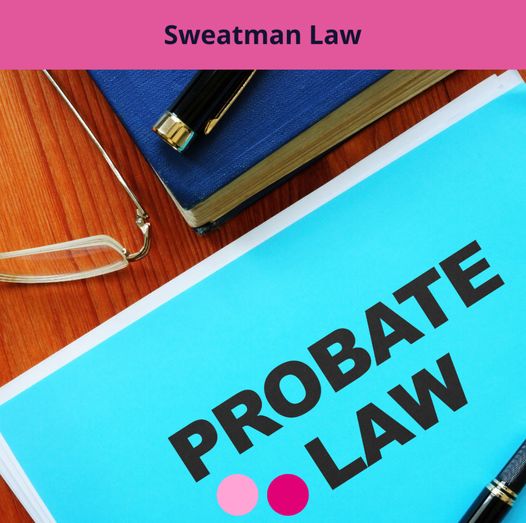2 Minute Read
Probate refers to the legal process by which the Court recognizes the official appointment and authority of the estate trustee to administer the deceased’s estate, whereas estate administration refers to the entire process in which the estate trustee settles and administers the deceased’s estate.
Learn more about the estate administration process in our article, “Duties of An Estate Trustee.”

In official recognition of the estate trustee’s authority to administer the deceased’s estate, the Court will issue a “Certificate of Appointment of Estate Trustee with a Will” or a “Certificate of Appointment of Estate Trustee without a Will.”
Probate tax (or estate administration tax) is payable as a percentage (currently 1.5%) on the value of the assets that fall into the probated part of the estate payable to the Ministry of Finance.
Although probate is not required for every estate, the need for probate is dependent on the types of assets in the estate, and the type of ownership the deceased had over the estate assets. For example, assets that are held jointly may not require probate.
Probate can be essential for completing the full and proper administration of the deceased’s estate in the following ways:
- Probate enables the executor to prove their authority to handle the deceased’s assets to third parties like financial institutions that require a probate certificate.
- Probate is also required to transfer title of real estate held in sole ownership by the deceased.
- Probate can help protect the estate trustee in potential legal disputes, if the probated Will is found to be invalid or a newer Will is found after probate.
- Probate enables the authority of the estate trustee to administer the estate to be recognized by the court during claims against an estate or the executor(s).
In Ontario, you can bring forth objections before the Certificate of Appointment of Estate Trustee is granted to the estate trustee. If there has been no Certificate of Appointed granted yet, you can submit a notice of objection to Court which will require the Court to provide you with notices of any activity pertaining to a specific Will. This notice will be valid for three years.

It is crucial to consult an estate planning lawyer to determine whether probate will be required in your specific circumstances. With over 30 years of experience in estate administration, Sweatman Law can help you navigate the probate and estate administration process from start to finish.
Click here to get in touch with our team today!
RELATED ARTICLES



DISCLAIMER: This blog post should not be interpreted as legal advice for your specific situation, concerns, or challenges. All estate matters are unique and should be reviewed by legal, financial, and health professionals, and tax accountants. Please be advised that the information on this website relates to laws specific to Ontario or Canadian federal law. Legal advice, procedure, and legislature may vary in different jurisdictions.
WOULD YOU LIKE QUICK AND INFORMATIVE ANSWERS TO YOUR BURNING QUESTIONS?
Available now on our website, our FAQs page can answer your questions about:
- Guardianship
- Estate Planning
- Wills, Powers of Attorney, Trusts
- Estate Litigation
- Dispute Resolution
- Probate & Estate Administration
- MAiD






